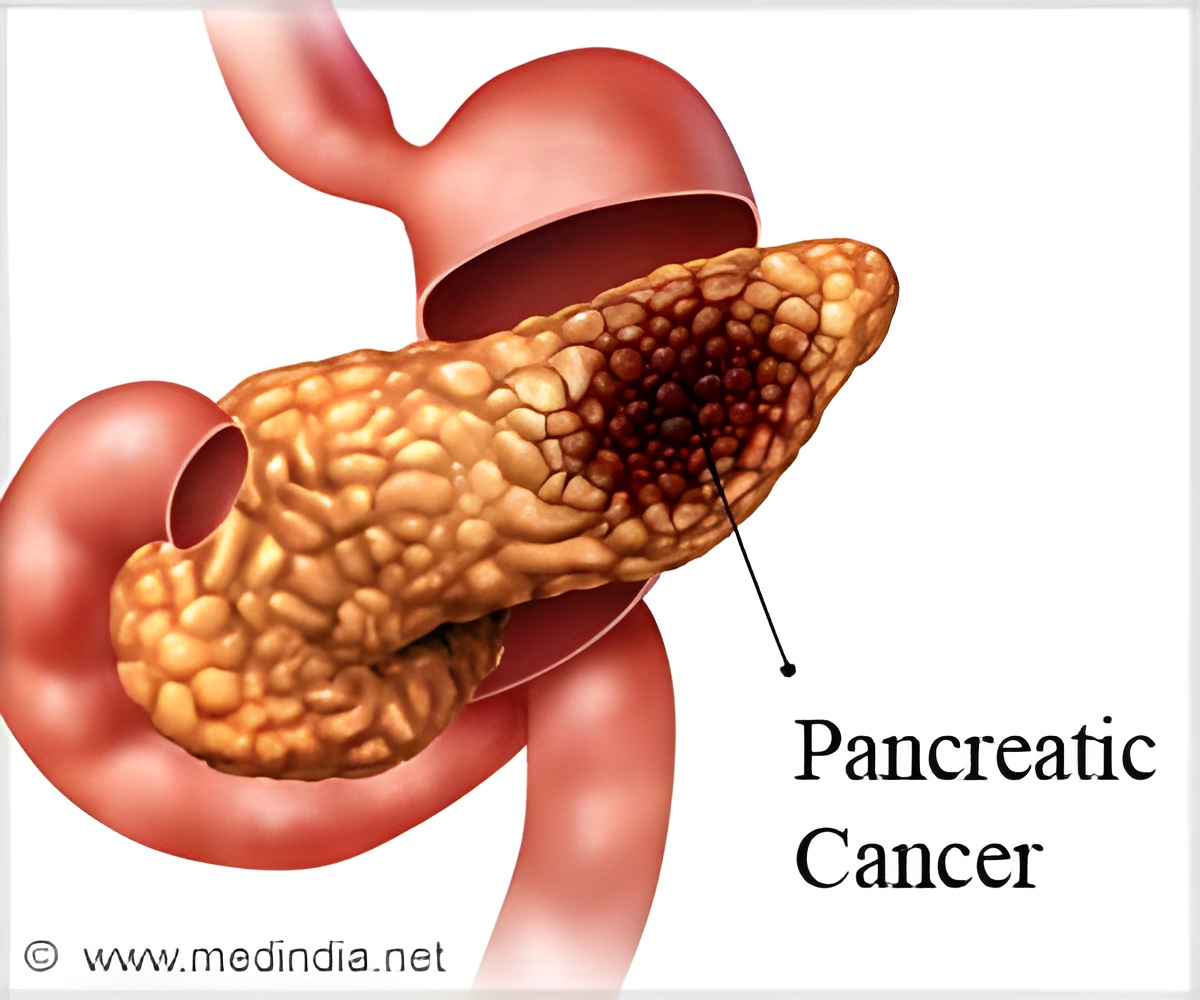Diabetes type 3c or pancreatogenic diabetes, could be an early manifestation of pancreatic cancer, according to the Genetic and Molecular Epidemiology Group, led by Núria Malats at the Spanish National Cancer Research Centre.

‘It is possible to make an earlier diagnosis of pancreatic cancer now, since the new study allows classifying patients with diabetes type 3c as a population with an increased probability of having early stage pancreatic cancer.’
Read More..




Therefore, the finding of the CNIO would imply that it is possible to make an earlier diagnosis of this disease since it allows classifying patients with diabetes type 3c as a population with an increased probability of having early stage pancreatic cancer.Read More..
A camouflaged symptom
Diabetes and pancreatic cancer are connected because the pancreas secretes insulin; in diabetic people, this does not occur in a normal way. It is estimated that around 50% of patients with pancreatic cancer present diabetes. But it is an outstanding challenge for researchers to figure out which is the cause and which is the consequence.
Until now, the most common approach has been to study if diabetes could cause pancreatic cancer. "Our team turned the equation around and, for the first time, we asked the question whether pancreatic cancer could cause diabetes," explains Núria Malats, senior author of the paper. "Using innovative epidemiological and statistical analysis strategies, we found that pancreatic cancer is the cause of the development of diabetes type 3c in 26% of cases."
Type 3c, or pancreatogenic, diabetes is characterised by an inflammation of the pancreas that interrupts insulin production. It is estimated to represent around 5-10% of all diabetes cases in Western countries, but currently there are few specific markers for it so that it is often misdiagnosed as diabetes type 2.
Advertisement
To conduct the study, the team used data from more than 3,500 persons from PanGenEU, a large European study involving centres from six countries, including Spain, and led by Malats, to analyse the relationship between multiple risk factors and pancreatic cancer.
Advertisement
To be able to confront pancreatic cancer at earlier moments, risk populations must be first defined so that they can be monitored to detect the tumour and act on in its early stages.
"Using the information from our study, the national health systems could identify possible as yet undetected pancreatic cancer patients, if the patients, in addition to having type 3c diabetes, also have certain risk factors associated with this cancer, such as being obese or a smoker," says Malats.
"All of these factors would help family doctors better select patients who could benefit from more active monitoring or entering screening programs. Our discovery can be transferred to the National Health Systems as a factor to be taken into account for the early detection of pancreatic cancer."
The researchers wanted to test if type 2 diabetes could also be connected to this cancer, but in this case, the study was unable to establish a clear causal link. "We have seen that the relationship between pancreatic cancer and type 2 diabetes is very complex, with obesity playing a role, too.
Further studies are required to fully understand how the metabolic state is reached in which all these phenomena arise."
Source-Eurekalert












